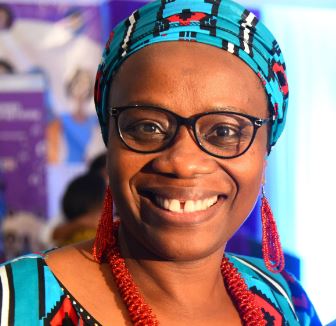As South Sudan gears for its first-ever general elections in December this year, the Deputy Country Representative of UN Women has encouraged women to consider participating, especially in the electoral management body.
Speaking during a media engagement in Juba on Wednesday, Rukaya Mohammed said as the country is gearing up for the elections, UN Women noticed that to promote gender equality, there is a need for women to participate in politics.
“We have an election that is coming up and what does it mean for gender equality? It has opportunities, but it also brings some challenges. When there are elections, it is an opportunity for women, young women, especially in this country, this is going to be the first-ever elections,” Mohammed said. “I can see a president, I can see governors, I can see deputy governors and it is an opportunity for all of you to really mobilize yourselves and other women or even the media to use this platform to encourage more women to vie, because if you do not participate in politics, how do you lead the country? So, this is an opportunity for more women who are not in decision-making to be in decision-making.”
While encouraging women to participate in decision-making, especially the election management body, she noted that some women are hindered from participating in politics by their male counterparts who see them as a threat.
“We have seen in other countries that there is a lot of violence against women and if a woman wants to contest, sometimes she is even afraid because maybe her male counterpart who is contesting may see her as a threat and there is a lot of violence, violence against her children, sometimes they are bullied through social media and at that also serves as a deterrent to most women from participating in politics,” Mohammed added.
The UN diplomat highlighted that the representation of women in most of the electoral bodies such as the National Election Commission (NEC), Political Parties Council (PPC), and National Constitution Review Commission (NCRC) is very dismal and lacks the 35 percent threshold of representation.
“Women’s representation in electoral management bodies still falls short of that 35 percent affirmative action provision that is in the constitution,” she stated. “At least we say that for PPC it is more than 35 percent, so, this is also an opportunity for us to continue to advocate so that we have women represented in this decision-making body within the electoral management bodies.”
She further called on the media to ensure it plays a pivotal role in promoting gender equality and empowerment. In addition, Muhammed called on the UN Women and the media to strengthen their partnership in fighting for women’s rights.




